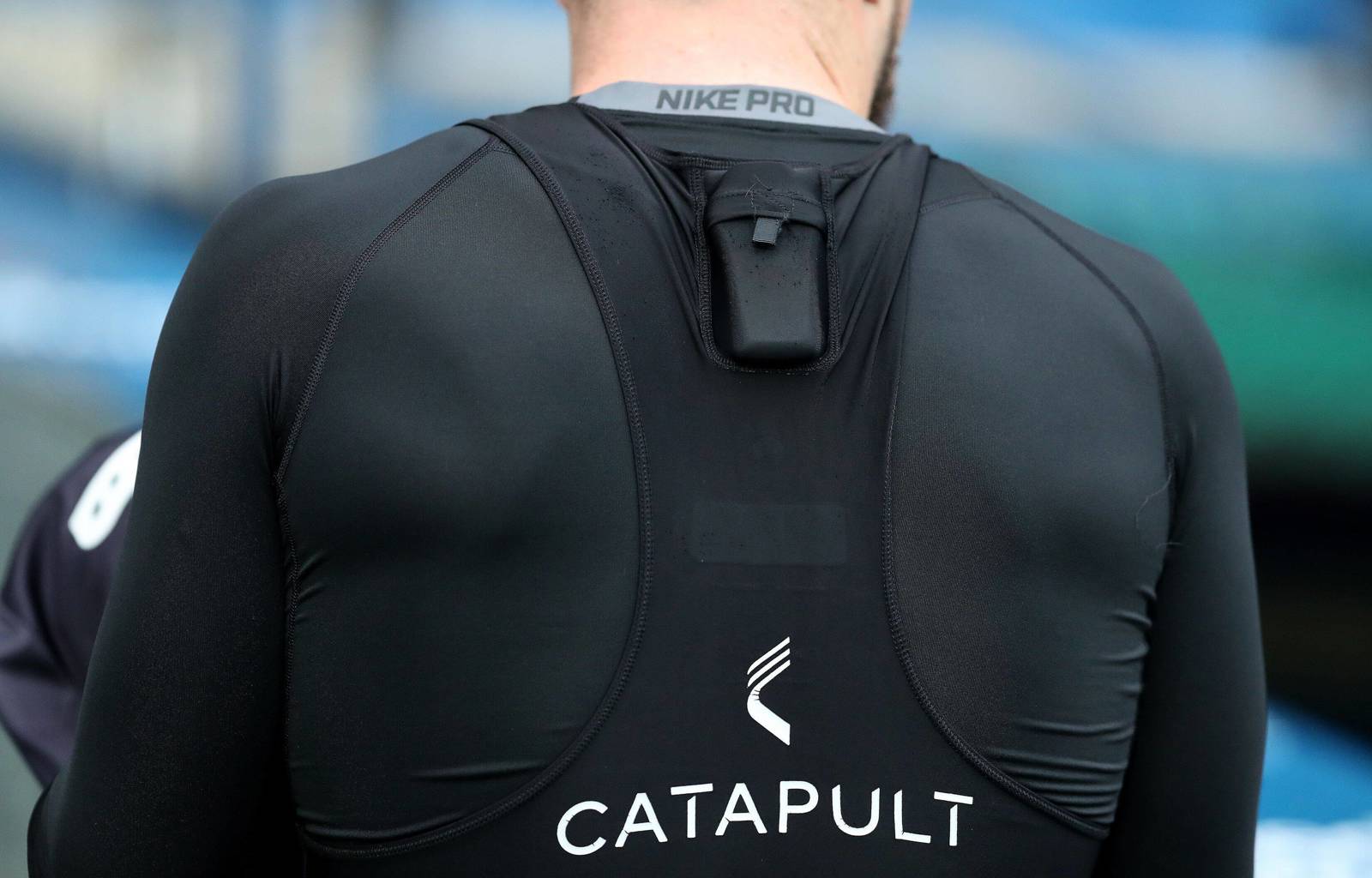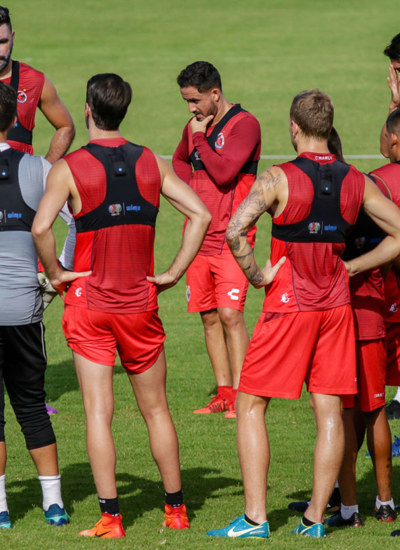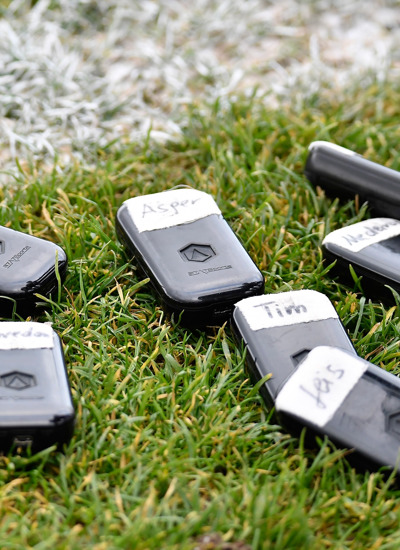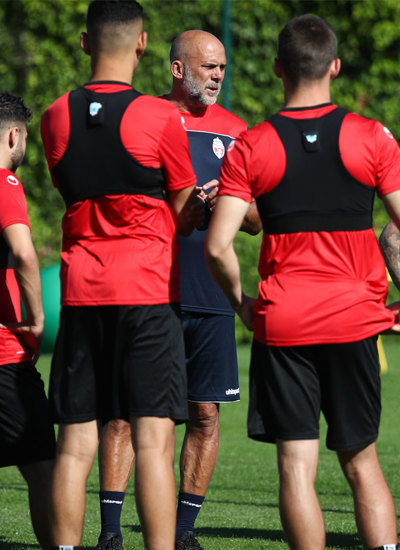
- European Data Protection Congress focuses on data privacy in sport
- Advanced data capture technologies present new frontier to manage biometric and health data on players
- “Players must have much greater access to and control over the sensitive data collected on them,” says FIFPRO’s Alexander Bielefeld
Technology in football will be under scrutiny more than ever during the upcoming 2022 FIFA World Cup.
As a result of data and technology maturity, the ability to collect and use footballers’ data has greatly increased – and players should have a significant say in how their data is being used.
This week FIFPRO Director of Global Policy & Strategic Relations Men's Football Alexander Bielefeld was present in Brussels, Belgium at the IAPP Europe Data Protection Congress 2022 – Europe’s leading gathering of data protection professionals.
In the build-up to Qatar 2022, the Commissioner of the Irish Data Protection Authority Helen Dixon chaired a panel of experts from the worlds of sports and data protection to discuss the myriad of challenges and opportunities around data and technology through the lens of football.
“The advancement of volumetric data capture technology presents a new frontier for our industry. We must place the player and individual first and create a safe data management framework to allow shared stakeholder interests to be unlocked together,” said Bielefeld, who was part of the keynote panel at the IAPP Europe Data Protection Congress 2022 on data privacy in football.

In response, fellow panellist and former professional footballer Graham Doyle, the current Deputy Commissioner & Head of Corporate Affairs, Media and Communications at the Irish Data Protection Commission, said: “We must look not only at what is possible today but also imagine what is possible tomorrow. The intersection of biometric and health data collection, paired with machine learning capabilities, raises extremely sensitive questions in the workplace and employment context of players.”
Among the key topics discussed by panellists were the issues of informed consent in the employment context, access, control and portability. Bielefeld illustrated how player data is currently defined and how modern advances in technology were leading the types of data now being collected to verge into biometric and health data types – rather than the traditional event and tracking data categories more commonly known.
Bielefeld argued how the data clause within many countries’ standard player contract – even in the top leagues – has not been updated for over a decade, making them outdated in the context of the modern game.
In recent times, the Irish Data Protection Commission has taken strong action against large multi-national technology companies for data privacy breaches within the EU single market.
“At first sight there is a real lack of control over the collection of player data, and the subsequent use of it by the players. Paired with the view of the European Data Protection Board on the limitations of informed consent in employment relations, it is clear that the consideration of additional safeguards and a fundamental data rights approach should be considered by the industry,” said Doyle.
Fellow panellist Sean Cottrell, CEO of LawInSport, referred to the importance of collective bargaining agreements (CBAs) in the context of player data to address existing risks and opportunities.
Charter of Player Data Rights launched for professional footballers
The IAPP Europe Data Protection Congress 2022 comes a week after Bielefeld addressed innovators in Tel Aviv, Israel at The Sports Tech Nation Summit 2022, a leading meeting point for sports industry stakeholders and technology innovators worldwide.
Bielefeld delivered a keynote speech on player data rights in the football industry, which demonstrated how the protective framework of the Charter of Player Data Rights can be implemented across the industry.
With the collaboration of FIFA, FIFPRO launched the Charter of Player Data Rights in September with a view to implementing global industry standards that enshrine fundamental data rights principles of professional footballers to allow the football industry to unlock common benefits in the collection and use of football data relating to the movements and actions of the players on the pitch.
The Charter of Player Data Rights makes clear that all professional footballers should have:
• The Right To Be Informed
• The Right To Access
• The Right To Revoke
• The Right To Restrict Processing
• The Right To Data Portability
• The Right To Rectification
• The Right To Complain


